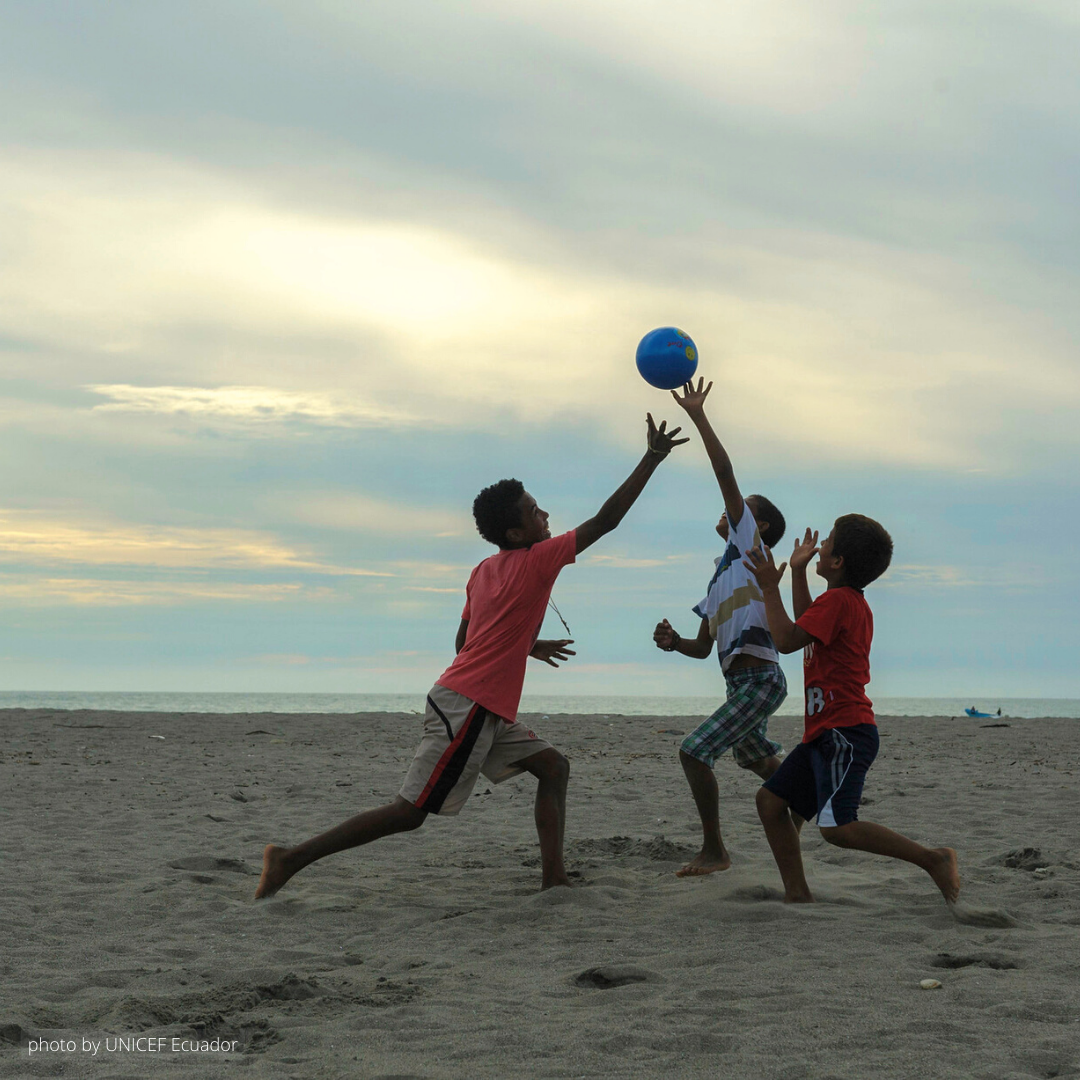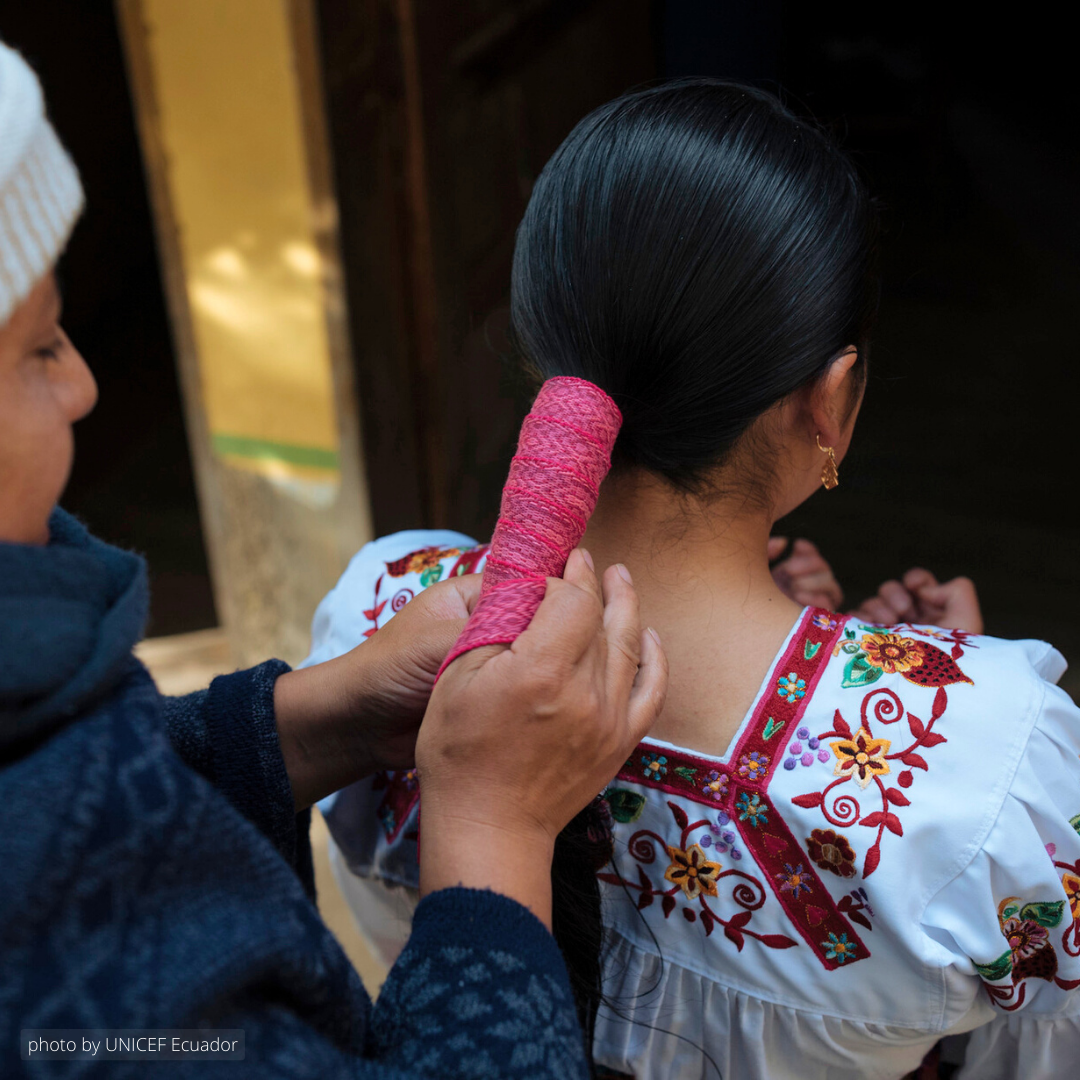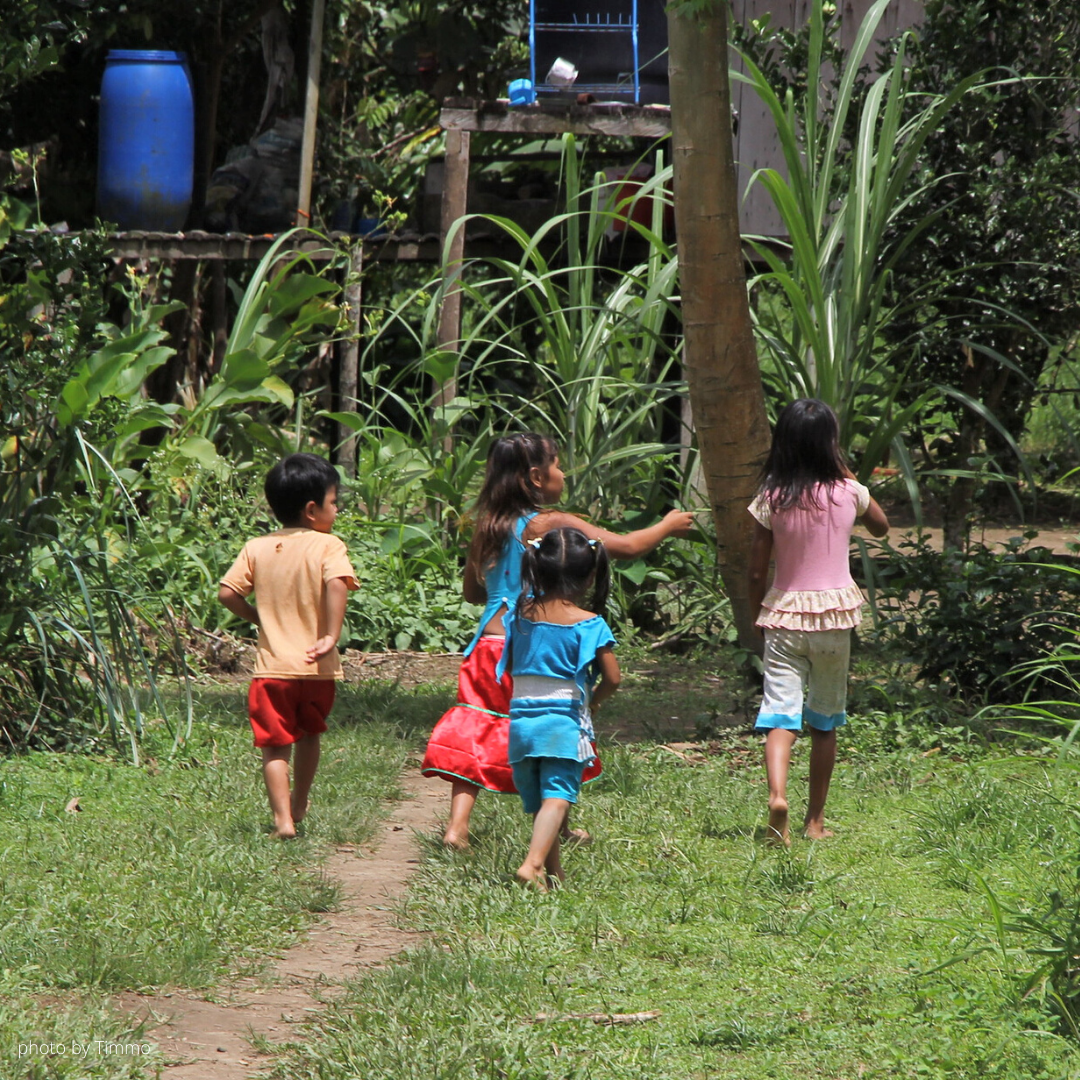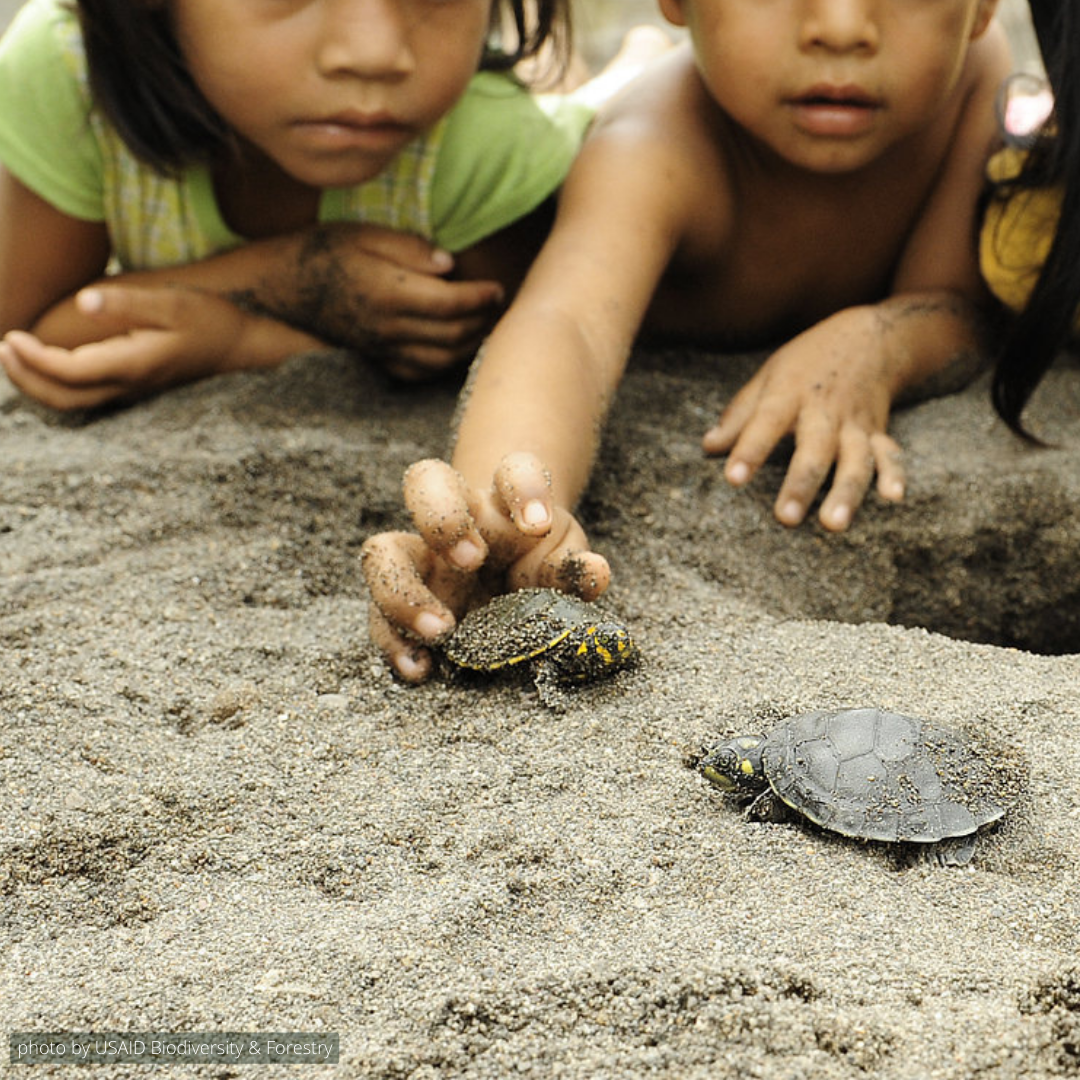This article has been compiled using information from the ECPAT Country Overview for Ecuador, written in collaboration with our local member Fundacion Quito Raymi.
ECPAT Country Overviews comprehensively present all the existing research and publicly available data about sexual exploitation of children in a country. A detailed analysis of the legal and policy framework for addressing these crimes is also included. The overviews provide an assessment of achievements and challenges in implementation, existing counteractions, and suggest concrete priority actions to eliminate the sexual exploitation of children in the target country.

ECPAT’s Terminology Guidelines defines child sexual abuse as sexual activities committed against children (persons under 18), by adults or peers and usually involves an individual or group taking advantage of an imbalance of power. Force may be used, with offenders frequently using authority, power, manipulation, or deception.
Child sexual exploitation involves the same abusive actions. However, an additional element must also be present – exchange of something (e.g. money, shelter, material goods, non-material things like protection or a relationship), or even the mere promise of such. It can occur offline, online and through a combination of both.

“In Ecuador’s rural areas, access to education is below 70%.”
In Ecuador, children are vulnerable to sexual exploitation due to issues such as poverty, lack of access to education as well as socio-cultural constructs which contribute to perpetuate gender and age stereotypes (machismo and adult centrism) and normalise violence against children. Poverty mostly affects children in rural areas, indigenous children and Afro-Ecuadorians children. In particular, the school attendance, which is used as a marker for the overall access to education rates, is below 70% in rural areas.
The definition of child sexual abuse material is not comprehensive as it does not include material which are not visual, in contrast with the Optional Protocol to the Convention on the Rights of the Child on the sale of children, child prostitution and child pornography. Similarly, the legal provision criminalising online grooming of children for sexual purposes, only refers to cases where the sexual abuse following the grooming process is in-person and does not include online abuse or exploitation (as recommended by the Lanzarote Committee in its 2015 Opinion on the topic). In addition, there are no legal provisions in Ecuador making it mandatory for Internet service providers to block, filter and report child sexual abuse material found on their servers.

With regards to child-sensitive justice, the main problem of the judicial system in Ecuador is the lack of justice professional specialised in child protection. In addition, despite the existence of legal safeguards to avoid re-victimisation during judicial interviews, in practice child victims are interviewed multiple times by professional who are not specialised. In addition, the Cámara de Gesell (dedicated rooms which allow for video testimony) lack space and equipment and do not exist in smaller cantons.
Although child victims of sexual exploitation in Ecuador have the right to compensation, various studies analysing court decisions on cases of sexual violence have shown how there are no criteria to determine the amount of such compensation and that there is a tendency to rely instead on agreements during the mediation phase which can create discrimination and inequality. In addition, even when a compensation amount has been decided, it is very difficult for child victims to receive it in practice. Way forward: Ensure that children and adolescents have access to comprehensive redress, including compensation through an effective mechanism that makes it possible to demand payment from the offenders and/or through a State-managed fund.

Ecuador has amended and adopted many laws to protect children from sexual exploitation, however gaps remain especially with regards to the sexual exploitation of children online/through digital technology and in the context of travel and tourism.
The sexual exploitation of children in travel and tourism is considered an aggravated form of the crime of “sex tourism”. Ecuadorian legislation further requires tourism establishment to verify identity documents of children entering their premises. However, identity documents are rarely verified in small establishments or in rural areas nor by those who advertise accommodations independently online. Finally, there are no standards that regulate and supervise the use of volunteers (including “voluntourism”) in settings and activities that imply direct contact with children.
Despite the existence of legal provisions on sexual exploitation of children, there is no comprehensive national policy or plan dedicated to this topic. In 2018, the Inter-institutional collective against commercial sexual exploitation against children was created to exclusive address this crime. As of end of 2022, the collective is looking for funds to work on a national policy including a participatory process with children and survivors.

There are not enough data and statistics in Ecuador on the sexual exploitation of children. According to the members of the collective this is an important shortcoming which prevents the development of a proper national response. In terms of criminal data, these are not disaggregated by gender, age, etc.

Ecuador hosts a high number of refugees and migrants from Venezuela with over half a million being undocumented. Migrant and refugee children are vulnerable to sexual exploitation both during their journey to Ecuador (especially as a result of difficulties obtaining visas) and also afterwards when they are in the country and have difficulties accessing education and other basic services – which can increase their risk to vulnerabilities linked to sexual exploitation, such as child labour and begging.